As a Lord of the Rings fan, I can’t decide what I hate more; that Amazon Prime Video is ruining one of my favorite things in this world, or that despite its shortcomings, The Rings of Power is one of the better adaptations out there, if only through the sheer power of its source material.
Even many decades after its release, and in no small part thanks to Peter Jackon’s acclaimed movie trilogy, Tolkien’s oeuvre casts a large shadow over the storytelling tradition of the West, and the legacy of The Lord of the Rings is one of unsullied reverence. Reverence towards a fictional world that set in motion an entire literary genre. Reverence towards an author who understood the plight of modernity better than any of his intellectual contemporaries. Reverence towards timeless characters whose bravery is as limitless as their nobility is archetypal. Reverence, perhaps, towards a world whose beauty is unmarred by the conflicts that beset it. A celebration of language in its most natural rhythm, of poetry in its most potent form, of storytelling when it lights a fire in the hearts of men.
The Lord of the Rings is the bulwark upon which all stories in the speculative domain — and in that sense, most of the entertainment industry — throw themselves to be measured and appraised. It is the golden standard not just for the creative types, but also for the audiences, who recognize the quality of a story that will never die.
And so, in this uncertain day and age, when moral ambiguity is the rule of thumb for epic stories, when the storytelling tradition is a hundred-hued amalgam of contrasting ideologies and buried traditions of a time long past — romanticism, realism, absurdism, modernism, and any sort of favorable -ism you could think of stirred in an incongruous soup of ideas — revisiting The Lord of the Rings is a fool’s bargain.
Because while we’d be happy to overlook failed attempts at adapting stories, and even laugh at the hit-and-miss nature of Hollywood — though it misses more often than it hits these days — the return of The Lord of the Rings is a grim reminder of everything we’ve lost in the process of building this enormous, content-churning machine.
The Rings of Power is not a failure on its crew’s part. In fact, I’d venture to say it’s not a failure at all, and the numbers will certainly corroborate that, as far as the shareholders are concerned. The Rings of Power is exactly what it needs to be to survive in this landscape, exactly what Hollywood’s formulaic approach and all those tiresome focus groups would have led to; perfectly generic, utterly unambitious, non-threateningly neutral, creatively docile, thematically bankrupt.
Why, then, are we outraged? Is it so strange to see The Rings of Power follow in the footsteps of almost every major production in the last decade? Did we think that just because we’re dealing with The Lord of the Rings it would somehow evade the dark pits where the dreams of millions of fans have gone to die? That because Tolkien was fundamentally opposed to the inner workings of our industrious modern lives, the very corporations he hated with a passion (Disney being among them) would leave him be?
The Rings of Power is but a symptom of a larger disease that’s slowly swallowing the entertainment industry whole. But I’m not writing this just to give a philosophical sermon. I want to discuss what it is, exactly, from a technical aspect, that’s ruining storytelling in this age of content frenzy.
The death of style, the demise of form
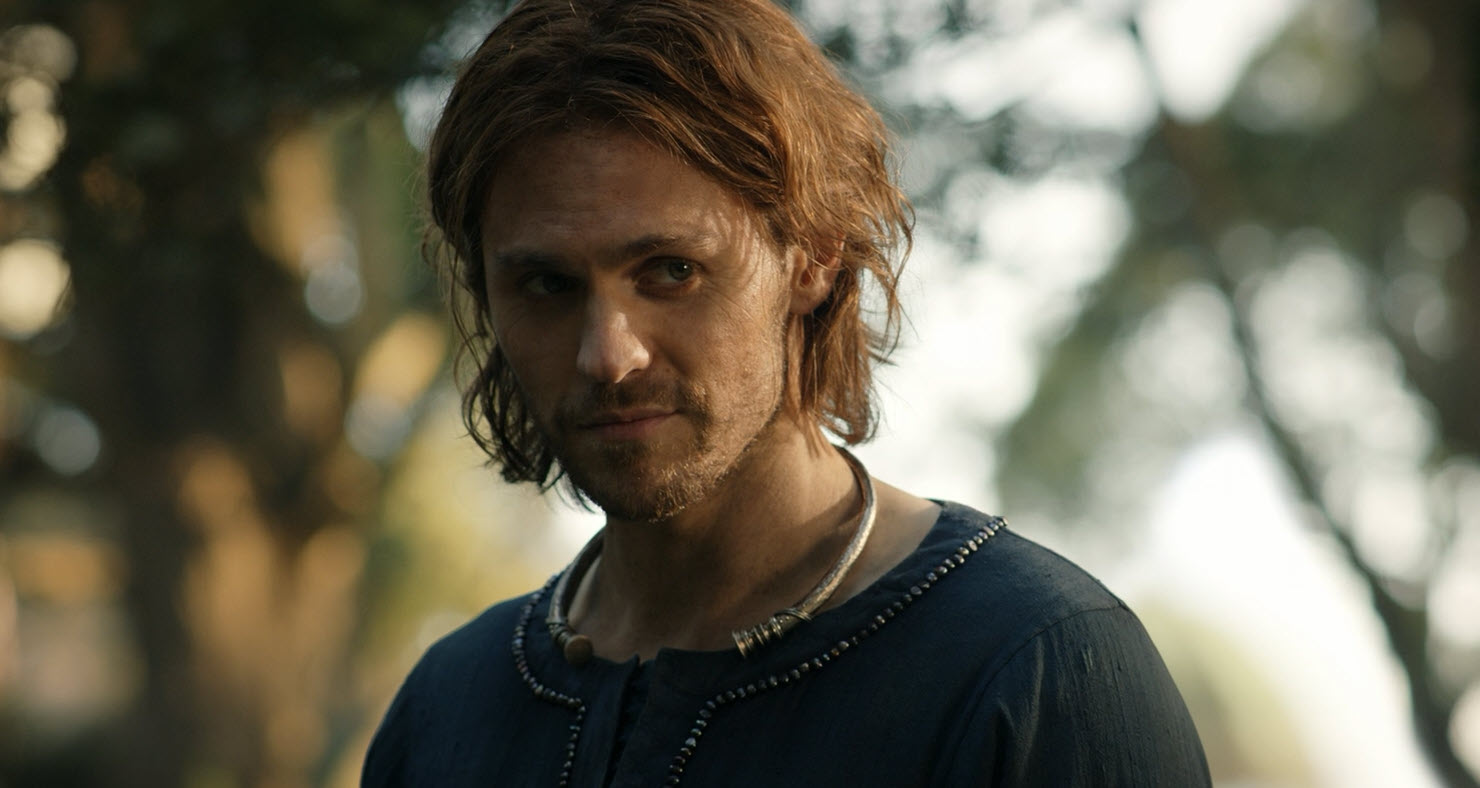
Only The Lord of the Rings is big enough, and perhaps revered enough, to elicit this level of discernible outrage. The only thing comparable to it today is Star Wars, and we all now know what happens to productions that take it too far in that community.
Whether it be Apple, Amazon, Warner, or Disney, what we have borne witness to over the past decade is a string of failed attempts at bringing some of our most beloved stories to life in television format, or even the big screens.
When you watch these shows individually over a long span of time, you may begin to notice similar trends, and analogous shortcomings in common where they all went wrong. But watch them back to back in a short period, and you realize it’s more than just terrible writers, contemptuous of the source material, that are bringing the whole house down.
Let’s talk about direction, for instance. Every decent artist learns early in mastering their craft to respect the tools of their medium. A novel works by virtue of its narrative structure and story, but what ultimately brings it all together are words. Words and poetry are also components of pieces of music, whose potency is at length defined by the tune and its composition. In the visual medium of cinema or TV, there is music, there is acting, there is dialogue, and there are set pieces, but it all boils down to the tool that defines point of view, which is the camera.
The camera is the main component of the visual medium. It also defines its most inherent characteristic, which is objectivity. Words are shadows that stoke our subjective and individual imagination, but a motion picture gives you an unchanging object, and is thus objective. The camera makes or breaks a story, and where style and form come into play, in both television and cinema, are mostly through the deft handling of the camera.
Why is this problematic for Hollywood today? Because the camera is almost a forgotten heirloom in most of these shows. The shot set-up is generic, the wide angles do not convey feelings, and the close-ups are random and haphazard. There is no sense of identity or style distinguishing one show from another, regardless of whether their budget is meager like The Wheel of Time, or egregious like The Rings of Power.
In great movies, the camera is a means to an end. In pretentious arthouse films, the camera is an end unto itself. In these new shows, the camera is a non-entity. It is there to depict the setup, but nothing more. The camera doesn’t tell a story, because the show is contingent on its own formulaic setup.
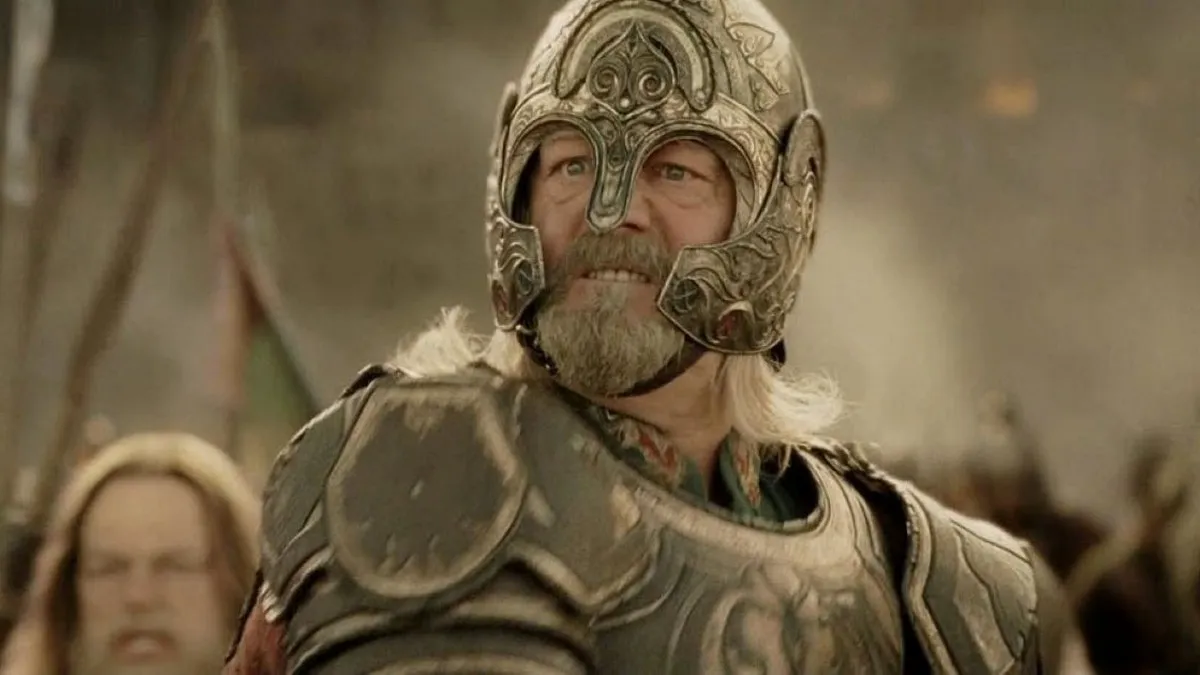
In Peter Jackson’s case, the director takes the least amount of time to set up some of the most important pieces of exposition and world-building in his movies. You don’t have to be told about the state of Rohan or its heraldry. You don’t have to read the history of Gondor, or have a side character explain it to you, to understand the majesty of the Tower of the Guard, or the nobility of this remnant of the old Dúnedain. All of this is conveyed through bold set pieces and even bolder camera angles. The costume design is not derivative, like The Rings of Power so desperately is in a bid to re-create the same vibes as the movies, and the dialogue is neither condescending in its tone nor complacent in the surety of its allusions to lore. Everything comes together in the service of the movie as a whole, to make it work.
I can’t understand Galadriel or sympathize with her cause, because despite cringe-worthy, egotistic declarations like “There’s a tempest in me!” or the fact that her screen time on the show is by now a couple of hours at least, The Rings of Power hasn’t gone out of its way to establish her as a compelling character. Modern Hollywood assumes this is done through extensive back-and-forth between characters, but all it takes is a few minutes of deft camera handling and a couple of lines of dialogue that don’t try to appeal to the audience’s emotion in a fake manner, but rather subtly explains where this character stands through action or indirect allusions.
This is how you would establish Aragorn in this new formulaic approach that pervades almost every production out there: You would have characters talking about how honorable and sentimental he is. You would even have him arguing with others over how right and justified he is in his cause, and how everyone misunderstands his intentions. Peter Jackson, on the other hand, has Aragorn suddenly jumping to action to save the life of a villainous creature like Grima Wormtongue. He has Aragorn freeing a horse because he’s “seen enough of war.” The first approach is shallow, on the nose, ineffective. The second one is subtle, nuanced, and memorable.
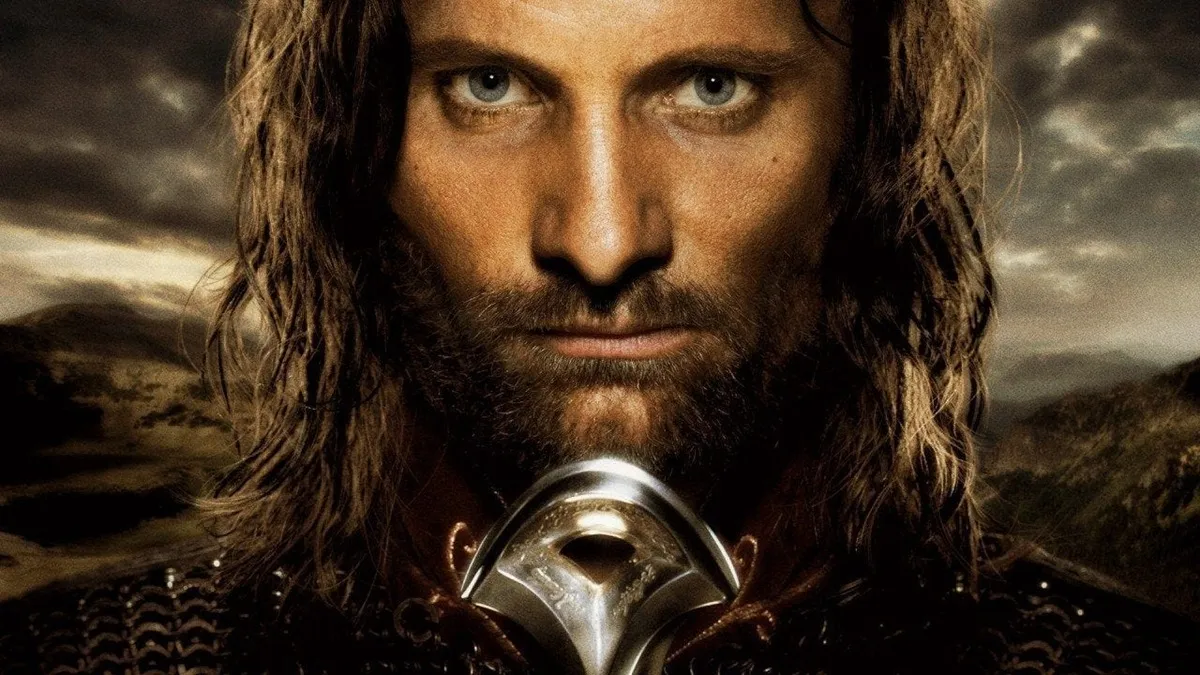
That’s the catastrophic truth about all of these shows; that I can barely remember a single scene from a whole season, or think about a particular, significant interaction a day after I’ve watched the latest episode. Hell, modern content is designed in such a generic way that you’d have trouble retaining most of it the moment you turn off your television.
I used to think this was done intentionally; that the idea was not to go to any trouble to make anything memorable. You don’t need a distinct artistic touch on any of these shows, because all it takes for the marketing to work (at least the way the producers see it) is to boast about numbers.
“We have the biggest budget in the history of television!” Not even realizing how ludicrous the net result appears next to Peter Jackson, who made three movies and marketed them effectively with $281 million (equivalent of little more than $500 million in 2024.) “We have built thousands of set pieces!” Ignorant of the fact that without stylish, professional, story-driven camerawork, all of that money is wasted, and they’d have been better off using green screens. “Season 1 was the most-watched show on our platform!” But not re-watched, not re-visited, not talked about a mere week after its finale.
This disease doesn’t just plague The Rings of Power. It’s not about one production team, but all of them. It’s the business model itself. It’s a study in willful mediocrity, and the slow death of style and form in favor of a formula that yields the most profit in the shortest amount of time possible. And when it doesn’t work, it can’t possibly be the model’s fault. It must be the fans, who can’t appreciate something for what it is. It must be the minority who rails against diversity, never mind that there have been examples of extremely well-liked and acclaimed projects that also boasted of a diverse cast.
Because frankly, folks, a lot of these shareholders and business moguls don’t even see it the way you do. For them, Peter Jackson’s The Lord of the Rings and Amazon’s The Rings of Power are one and the same. “He had elves, and so do we. He had epic battles, and so do we. What seems to be amiss?”
You have to admit, it’s both amusing and frightening. How terrifying a fate my good friends, my fellow misplaced dreamers of another time and place, my dear Middle-earth devotees, for art, and artistic tradition, and form and style, and creative expression— of which our musings, our endless grumbling, our noisome nagging, is probably nothing but a dying mnemonic. A catechism, neither pleasant nor asked for, that we endlessly shout into the night. Or occasionally write down in a blog post.
But at least we still remember this cadaver of once superlative human expression and artistry. And that has to count for something, right?

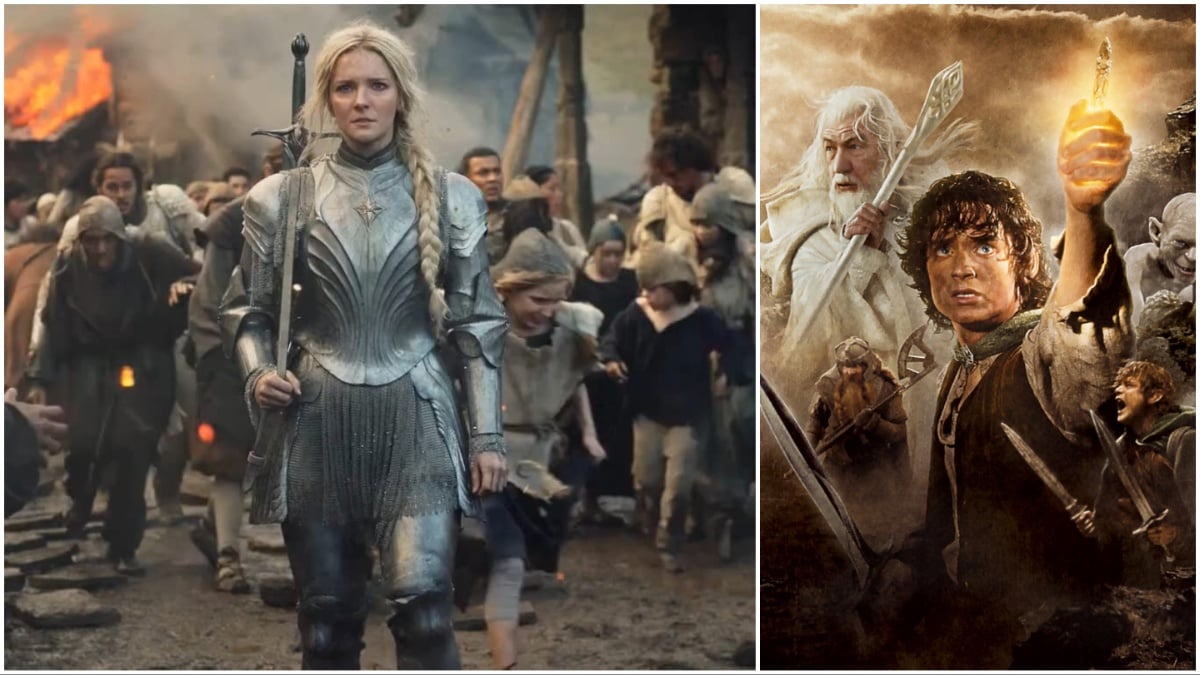
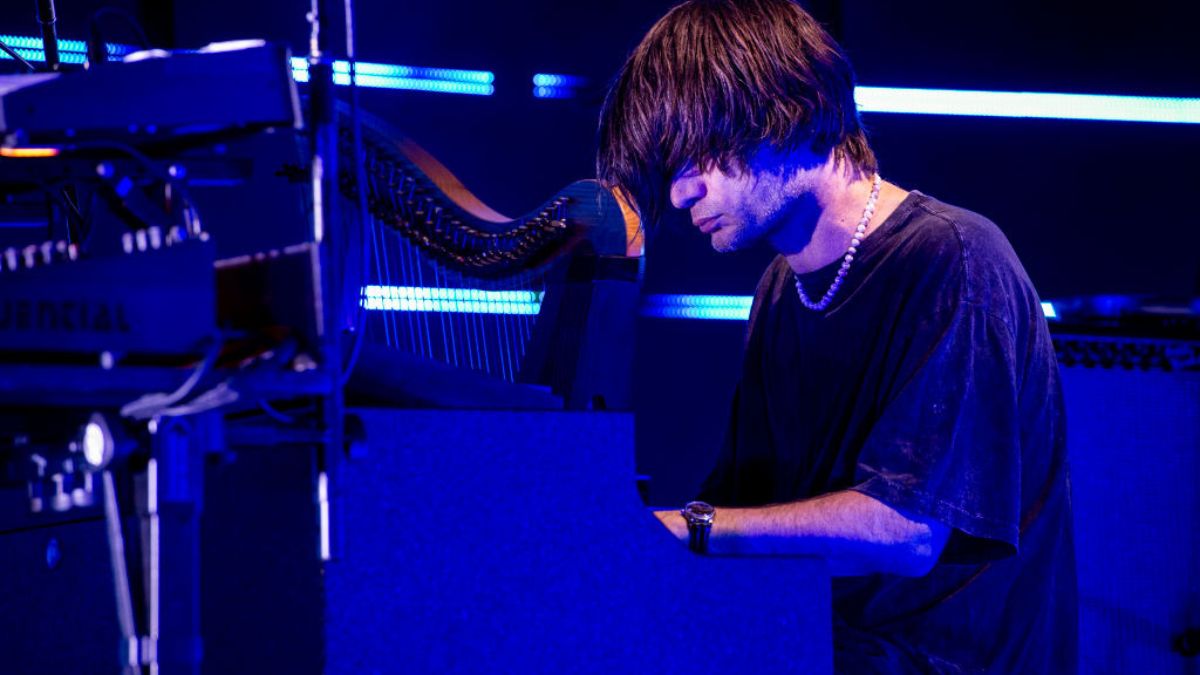







Published: Sep 11, 2024 11:00 pm